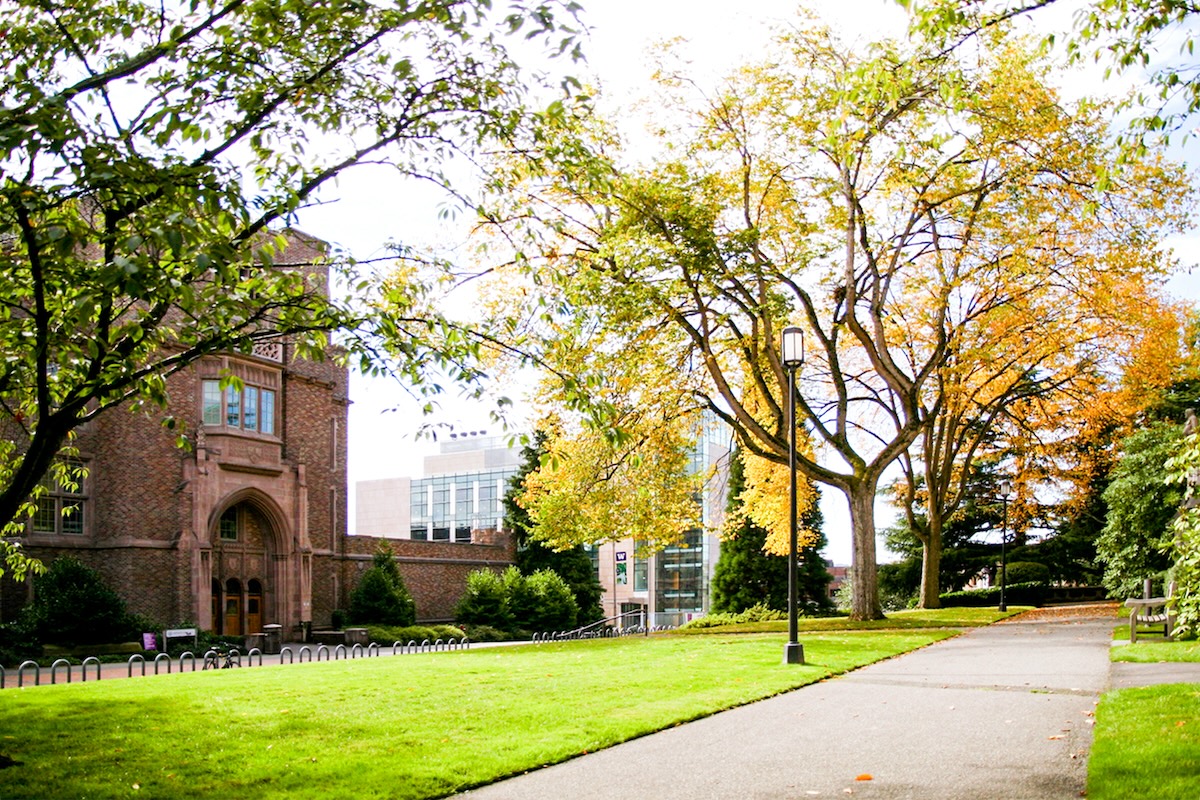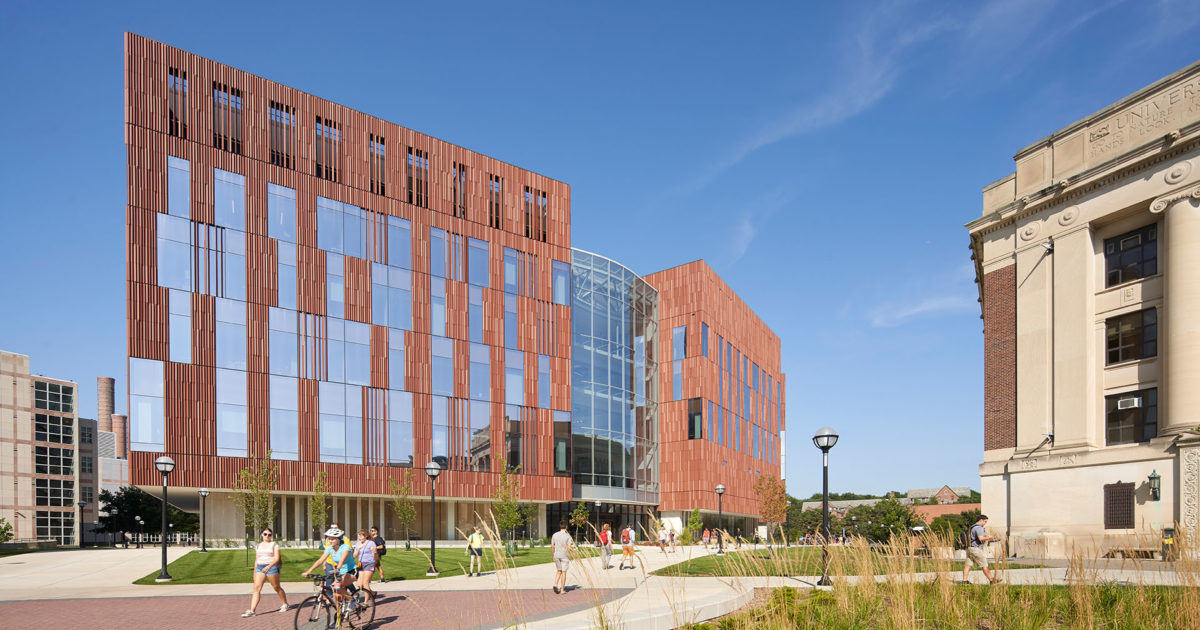
Institutional Partners
Currently, we are supporting several active research projects which have the potential for great knowledge to be gained and clinical advancements achieved.

University of Pennsylvania
The RVCL Research Center at the University of Pennsylvania (“UPenn”) is directed by Dr. Jonathan Miner, a rheumatologist with an extensive publication record in studies of rare rheumatic diseases. Dr. Miner currently directs a research laboratory that is supported by the National Institutes of Health and by The Clayco Foundation. Dr. Miner initiated a clinical trial of Crizanlizumab for RVCL, which is currently being conducted at Penn and WashU. Additionally, Dr. Miner leads a multidisciplinary team that cares for RVCL patients from around the world. The Miner laboratory collaborates with investigators from around the world to develop personalized medicines for RVCL.

Washington University in St. Louis
RVCL was discovered at Washington University in St. Louis (“WashU”) in the late 1980s, and the disease-causing mutation was reported in 2007 by the laboratory of Dr. John Atkinson. Until recently, RVCL was referred to by other names including CRV, HERNS, and CHARIOT. WashU stroke neurologist Dr. Andria Ford currently cares for RVCL patients from around the United States and directs clinical research efforts at WashU. Dr. Ford also collaborates with physicians in multiple other subspecialties in the care of RVCL patients. In the laboratory, WashU researcher Dennis Hourcade collaborates with Dr. Miner at Penn in an NIH-funded study of the TREX1 gene.

University of Michigan
Dr. Nouri Neamati is a medicinal chemist at the University of Michigan. With the support of The Clayco Foundation, the Neamati laboratory is collaborating with Miner laboratory at Penn to develop small molecule therapies that target the TREX1 protein.

The Netherlands – RVCL-S studie, LUMC
The Clayco Foundation RVCL Venture is teaming up with a highly qualified and RVCL-experienced group of researchers in the Netherlands to increase the scope of research and of patient identification and aid. This kind of global connection is one of the exact reasons this venture was created and an example of where effort is being focused. With this trans-Atlantic relationship, research will be able to be expedited and we just may get to treatment options sooner.
